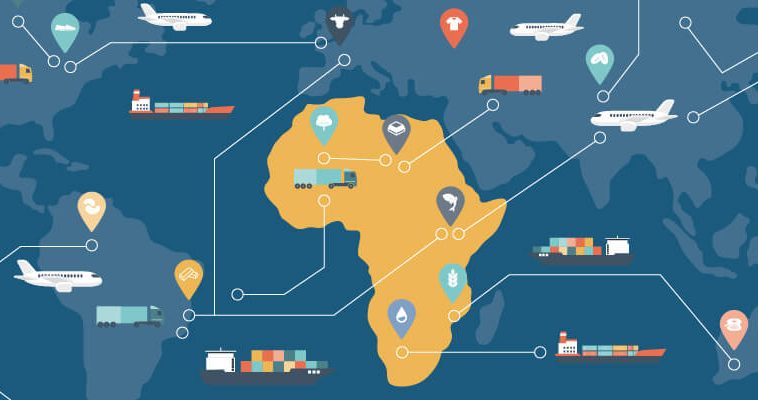Tunisia once celebrated for its strides toward democratic governance, now faces a challenging chapter in its political journey. President Kaïs Saïed’s unorthodox maneuvers, including the dissolution of Parliament in 2021 and subsequent governance by decree, have prompted concerns about the country’s democratic trajectory.
Saïed, elected in 2019 with promises of reform, has navigated a complex political situation, often at odds with established parties. While his actions have raised eyebrows both domestically and abroad, they also reflect a desire for change and a response to perceived shortcomings in the existing system.
Impassioned demonstrators converged in the heart of Tunis, their voices echoing through the capital’s avenues as they demanded the release of imprisoned journalists, activists, and opposition figures. Central to the reason for the protests is the issue of electoral transparency and accountability. Recent controversies surrounding electoral malpractices have fueled skepticism and mistrust among Tunisian voters.
In response, civil society organizations have intensified their efforts to monitor electoral procedures, ensuring compliance with democratic standards and safeguarding the integrity of the electoral process. Tunisian authorities have come under intense scrutiny for a recent spate of arrests targeting journalists, lawyers, activists, and political opponents.
However, amidst these challenges, there are glimpses of resilience and determination among Tunisia’s citizens. Despite the tightening of political space, opposition leaders and civil society activists continue to voice their concerns and advocate for democratic principles. The upcoming 2024 elections in Tunisia offer an opportunity for Tunisians to reaffirm their commitment to democracy and chart a path forward that reflects the aspirations of the entire nation.
In the crucible of dissent, Tunisian citizens stand undeterred, their voices unified in defiance against oppression and their resolve unwavering in the face of adversity. The road to fair elections may be fraught with obstacles, but their determination illuminates a path forward, guided by the enduring principles of democracy and human rights.
Tunisia’s experience holds valuable lessons for other countries striving to strengthen their democratic institutions. While the road ahead may be challenging, there remains hope that Tunisia will emerge from this period stronger and more resilient.
Across Africa, the fairness of elections varies widely from country to country, with some nations demonstrating significant strides toward transparency and inclusivity, while others grapple with persistent challenges such as voter intimidation, manipulation, and irregularities. Achieving fair elections in Africa has been a multifaceted endeavor, often requiring a combination of legal reforms, institutional strengthening, and international oversight.
Several African countries have made substantial progress in enhancing the fairness of their electoral processes through legal and institutional reforms. Measures such as the establishment of independent electoral commissions, the enactment of electoral laws that guarantee the rights of political parties and voters, and the implementation of mechanisms to ensure the integrity of voter registration and ballot counting have contributed to more transparent and credible elections.
The role of international observers and electoral assistance has been instrumental in promoting fairness and legitimacy in African elections. Organizations such as the African Union, the European Union, and the United Nations frequently deploy observer missions to monitor elections, assess their adherence to international standards, and provide recommendations for improvement. These efforts help to bolster public confidence in the electoral process and hold governments accountable for upholding democratic principles.


